Filter data
|
ID |
Nickname |
Country / City |
Languages |
Taxonomies |
Comment |
Project / Group |
Map |

|
28801
|
|
Belgium
Aubange
|
|
|
—
|
|
|
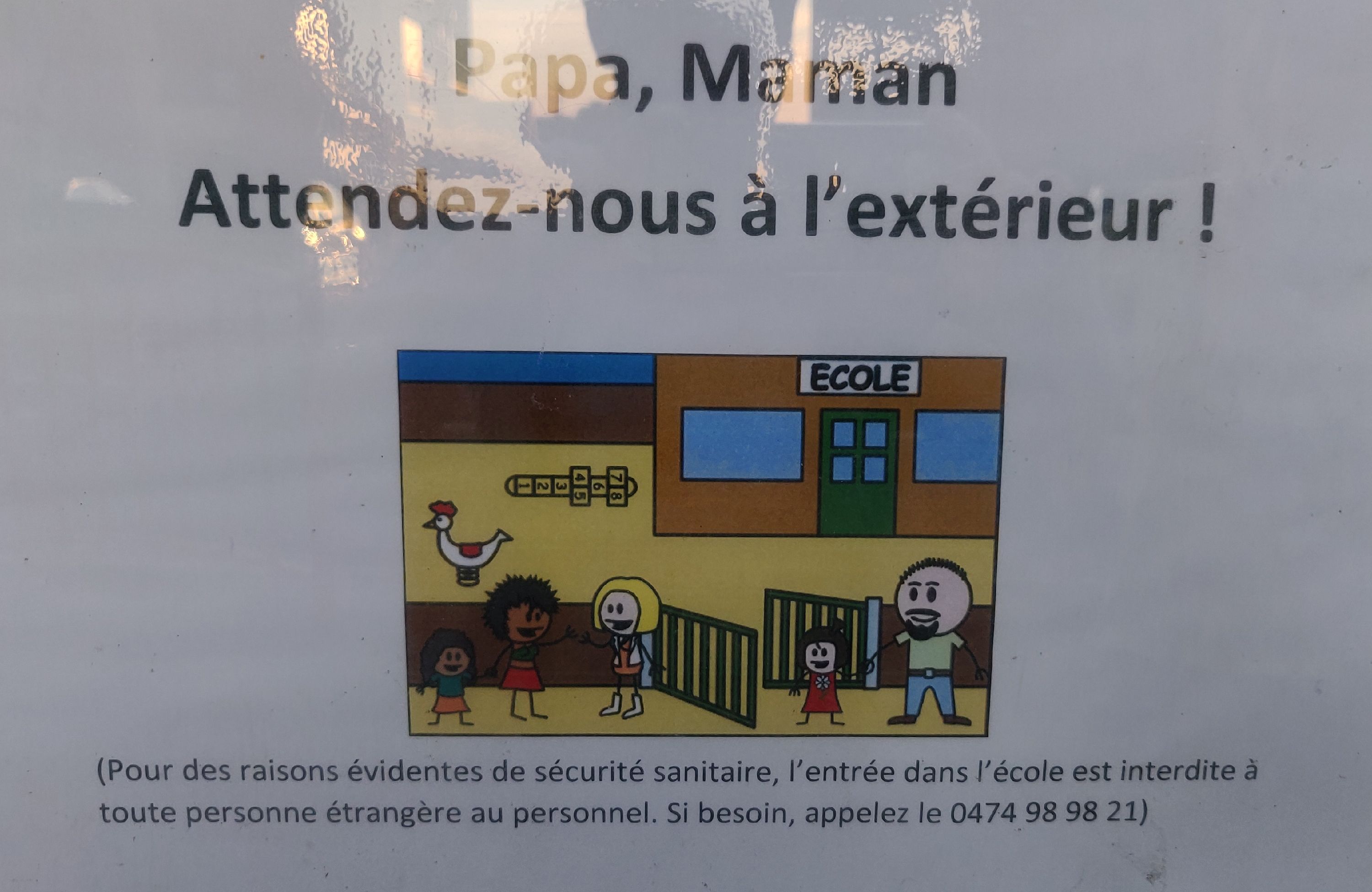
|
28802
|
|
Belgium
Aubange
|
|
|
#coronasigns
|
|
|
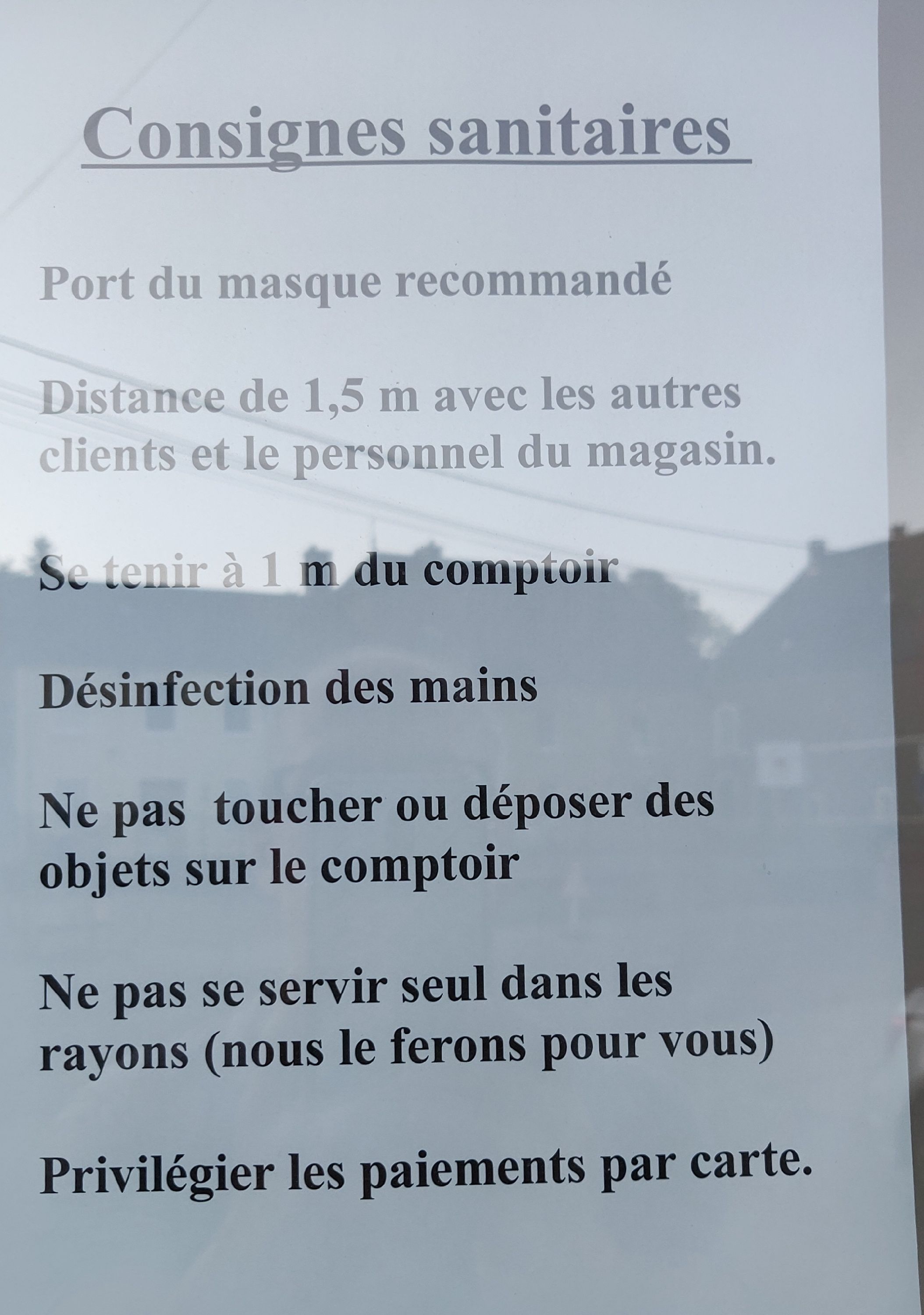
|
28803
|
|
Belgium
Aubange
|
|
|
#coronasigns
|
|
|
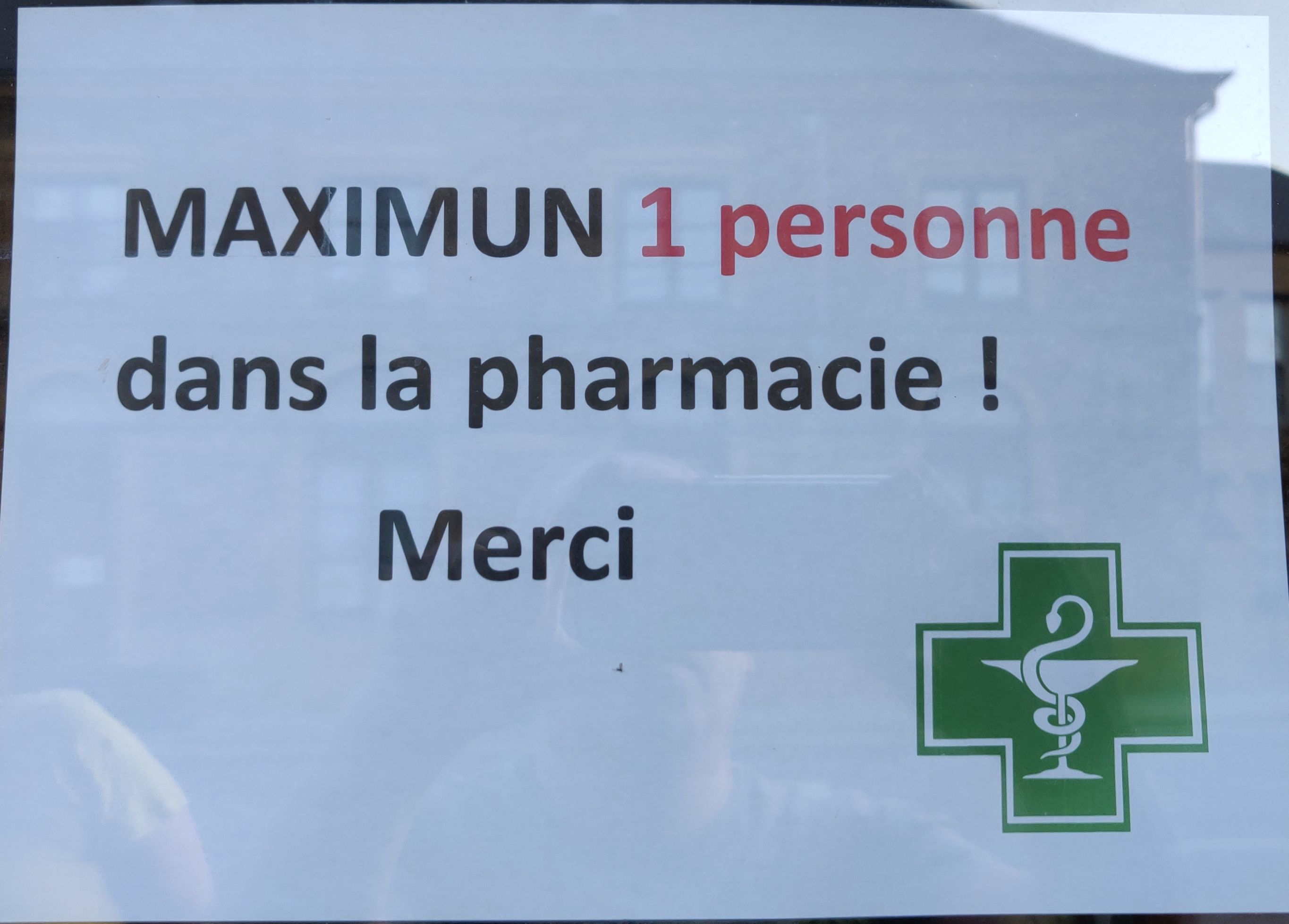
|
28804
|
|
Belgium
Aubange
|
|
|
#coronasigns
|
|
|
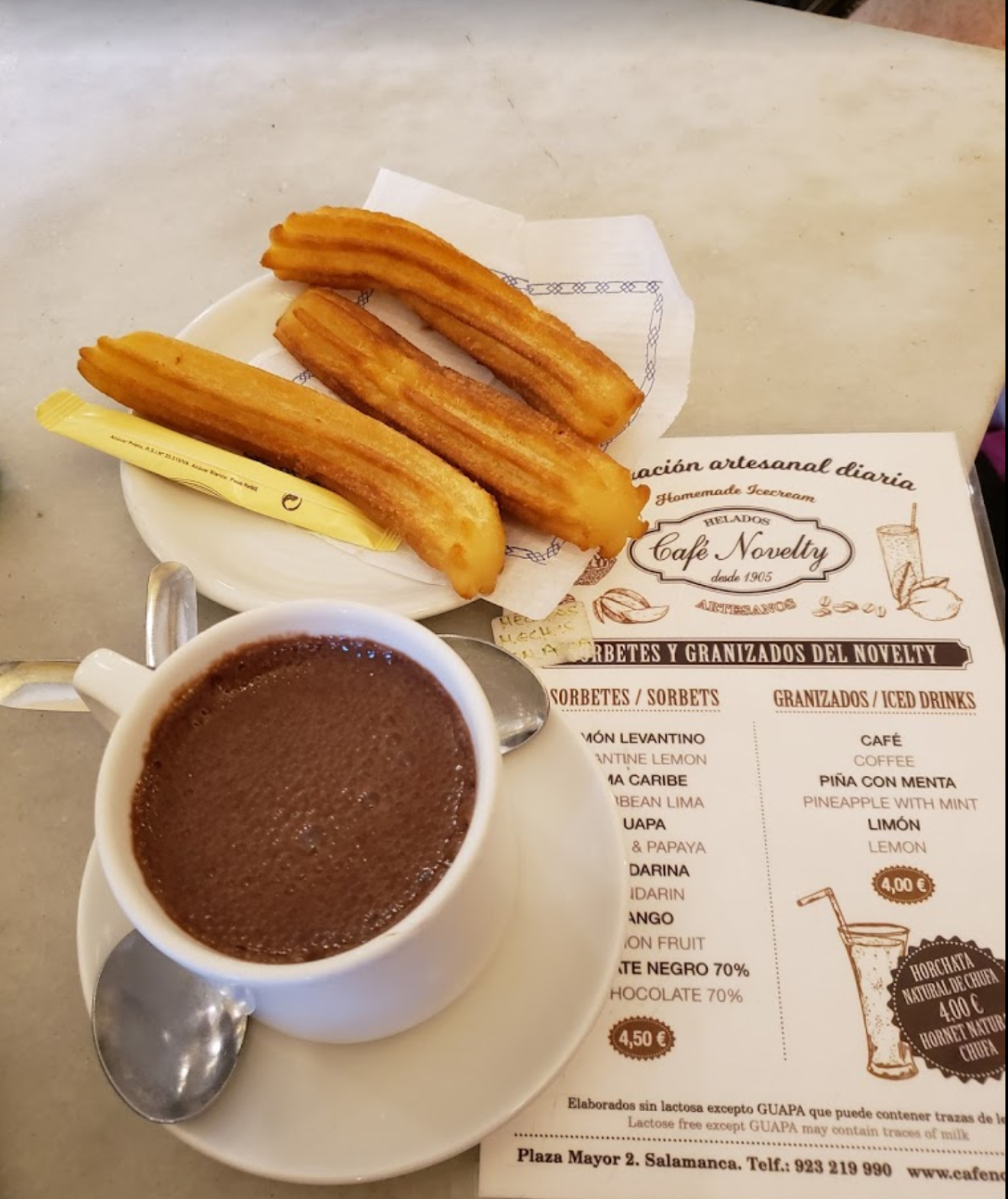
|
28809
|
|
Spain
Salamanca
|
|
|
Spanish menu with English translations at Café Novelty
|
|
|
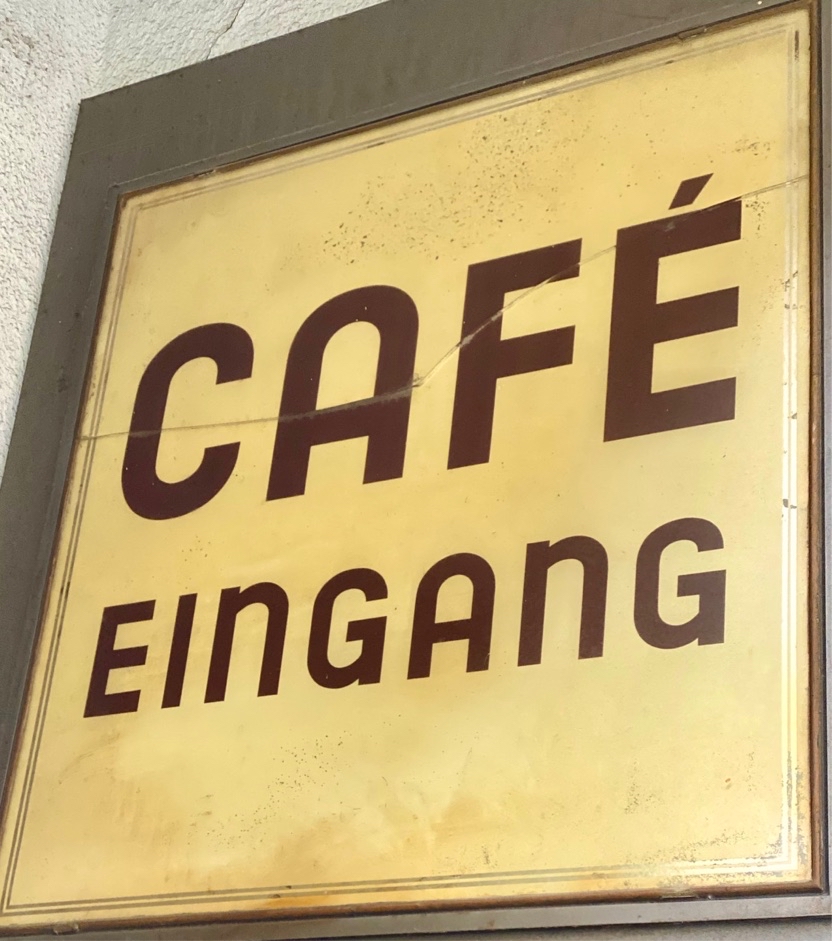
|
28813
|
|
Österreich
Wien
|
|
|
Café Kafka
|
TypeWalk
|
|

|
28910
|
|
Spain
Salamanca
|
|
|
English name and text in the window display of a pizzeria #adv
|
|
|

|
28911
|
|
Spain
Salamanca
|
|
|
Spanish ice cream flavours accompanied by their English equivalent #adv
|
|
|
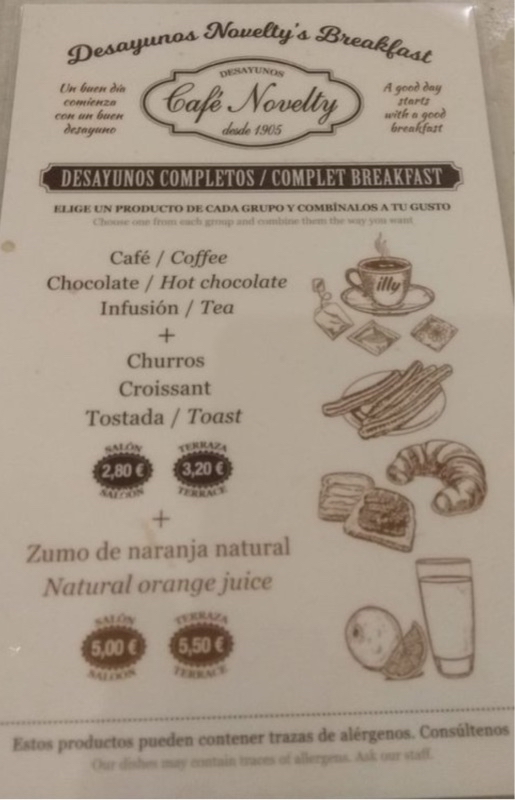
|
28912
|
|
Spain
Salamanca
|
|
|
Spanish menu with English translations #adv
|
|
|

|
28913
|
|
Spain
Salamanca
|
|
|
Signage reads “the beer experience” in English along with Spanish phrases #adv
|
|
|

|
28914
|
|
Spain
Salamanca
|
|
|
Spanish menu with English translation #adv
|
|
|
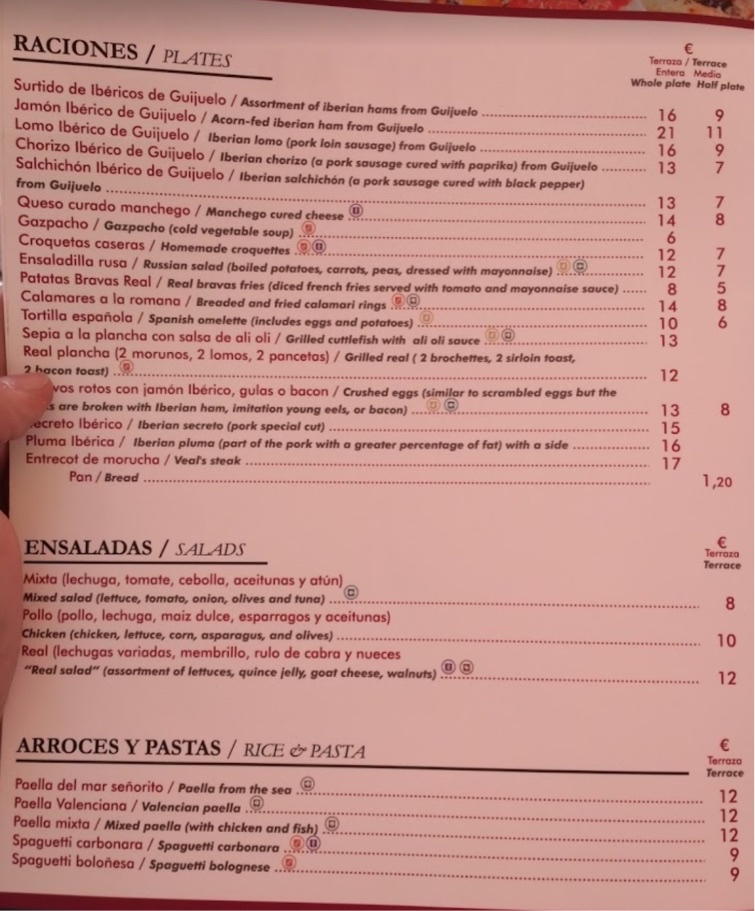
|
28915
|
|
Spain
Salamanca
|
|
|
Spanish menu with English translation #adv
|
|
|
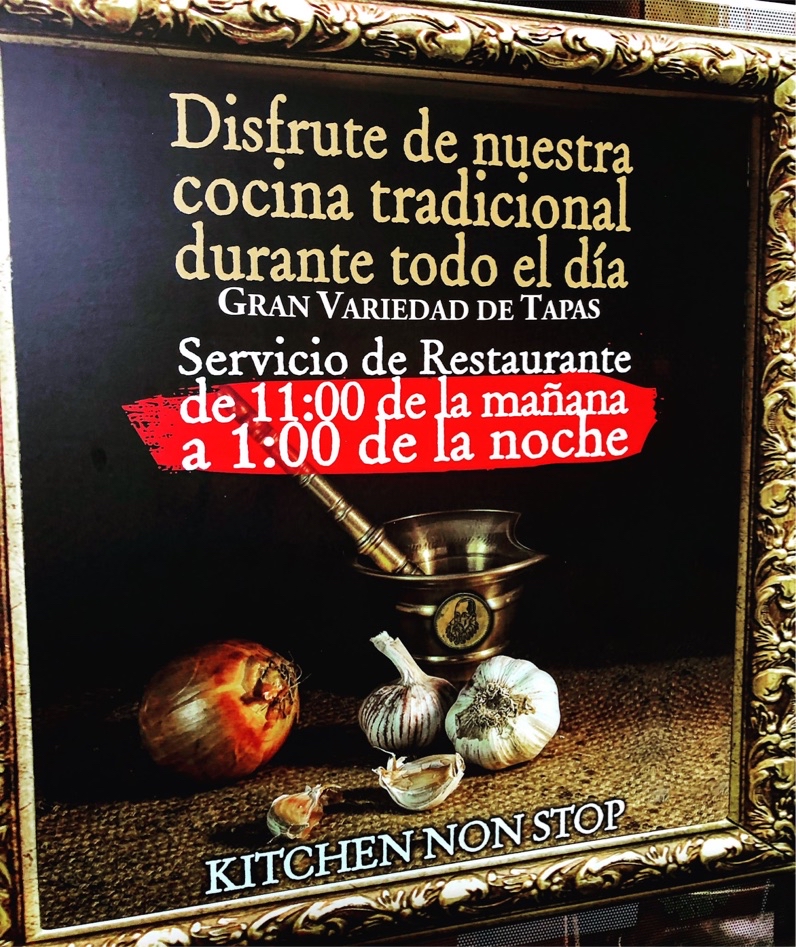
|
28916
|
|
Spain
Salamanca
|
|
|
Spanish restaurant sign which includes the English phrase “kitchen non stop” #adv
|
|
|
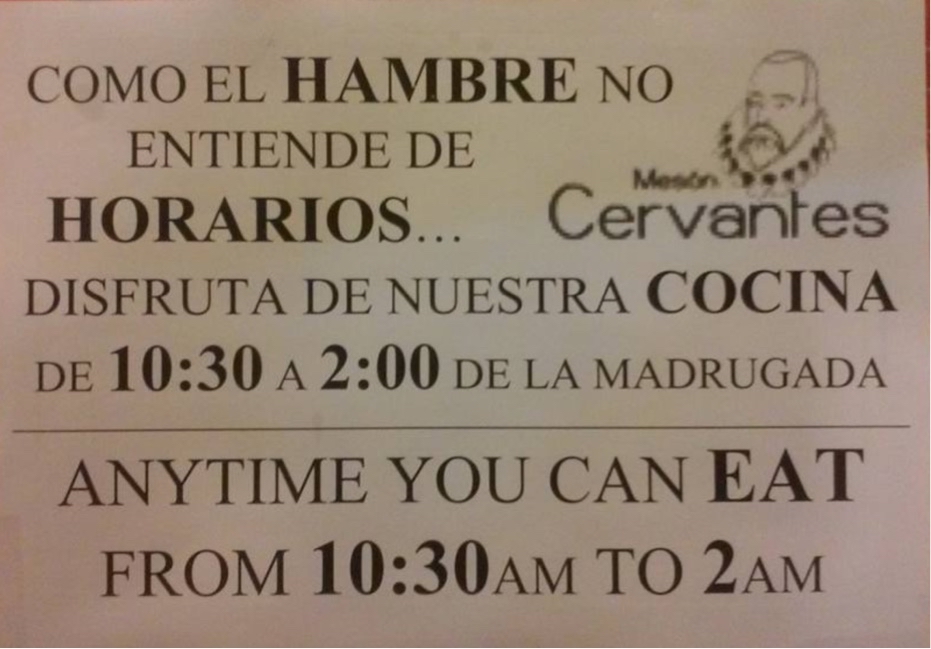
|
28917
|
|
Spain
Salamanca
|
|
|
Spanish restaurant sign with partial English translation #adv
|
|
|
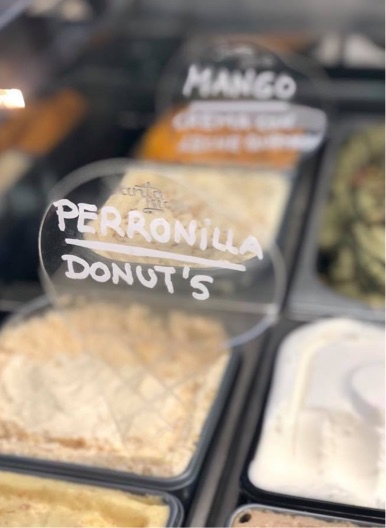
|
28918
|
|
Spain
Salamanca
|
|
|
Spanish ice cream flavour with English translation #adv
|
|
|
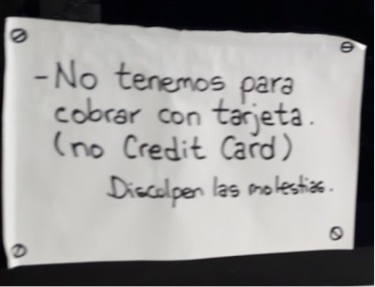
|
28919
|
|
Spain
Salamanca
|
|
|
Spanish sign with partial English translation #adv
|
|
|

|
28920
|
|
Spain
Salamanca
|
|
|
Sign featuring code-switching between Spanish and English #adv
|
|
|
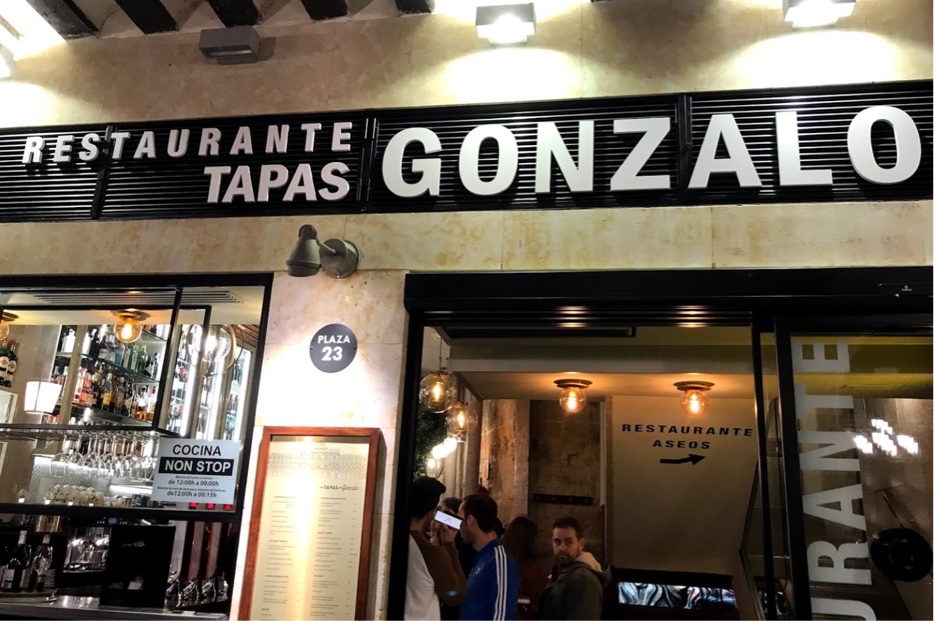
|
28921
|
|
Spain
Salamanca
|
|
|
Spanish sign with English phrase “non stop” #adv
|
|
|
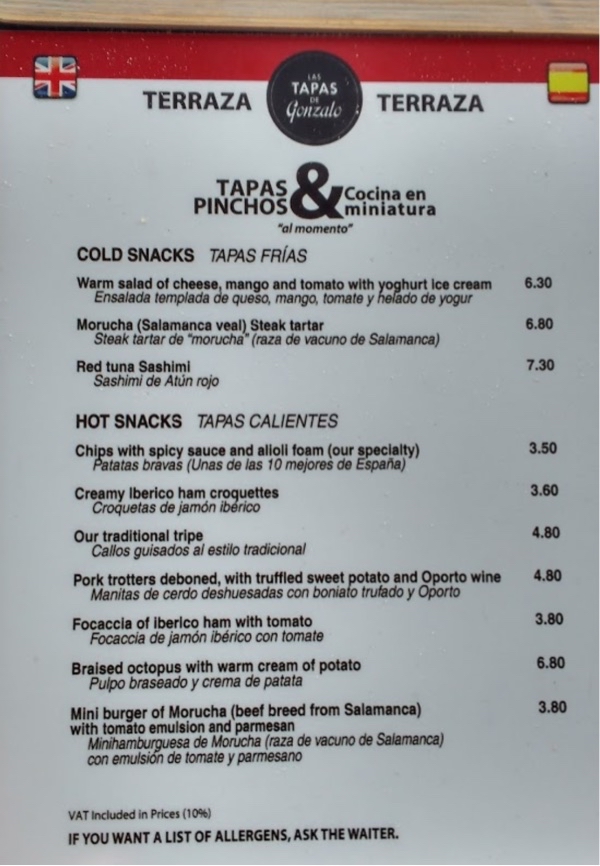
|
28922
|
|
Spain
Salamanca
|
|
|
Spanish menu with English translation #adv
|
|
|
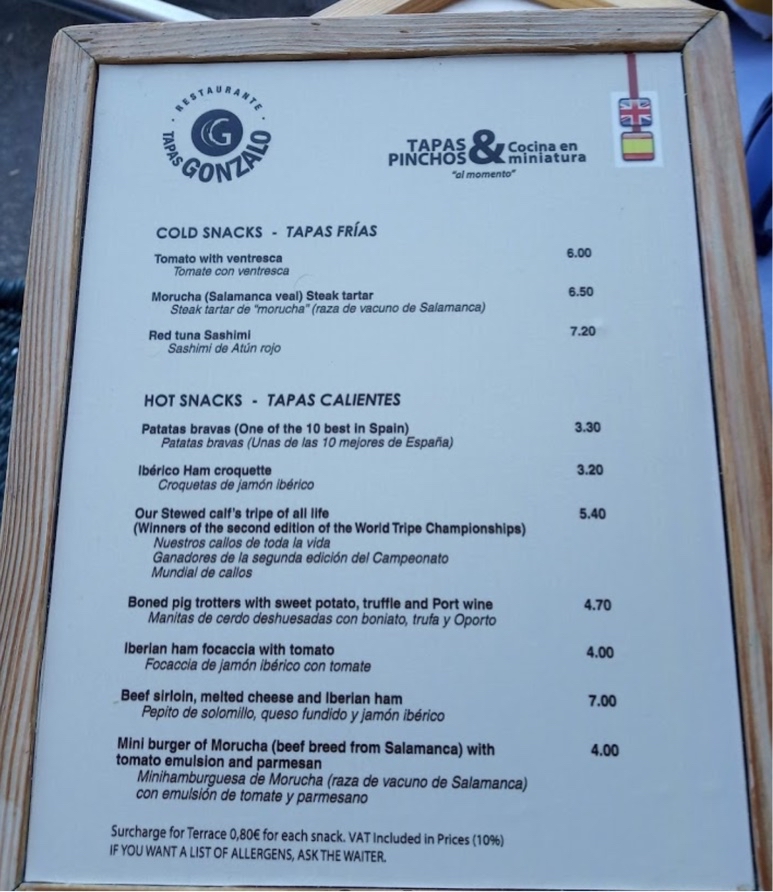
|
28923
|
|
Spain
Salamanca
|
|
|
Spanish menu with English translation #adv
|
|
|